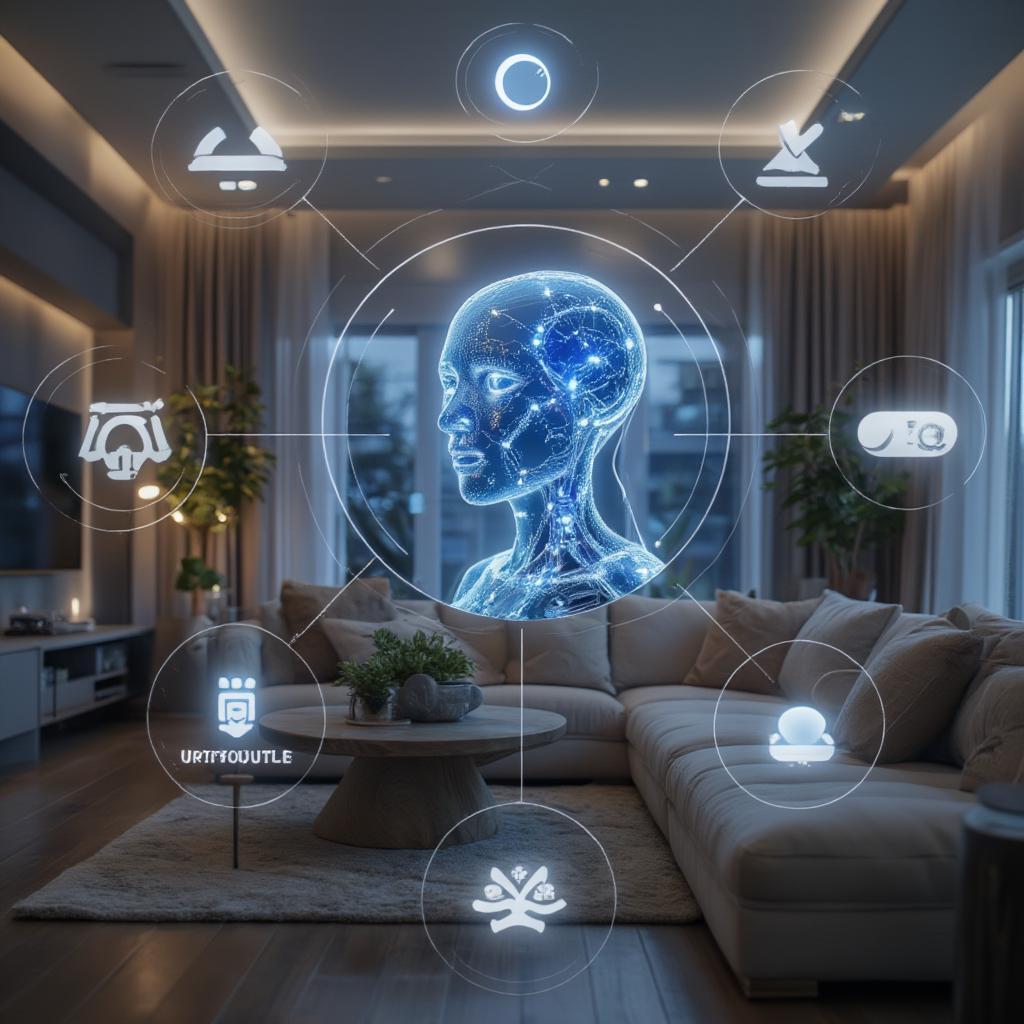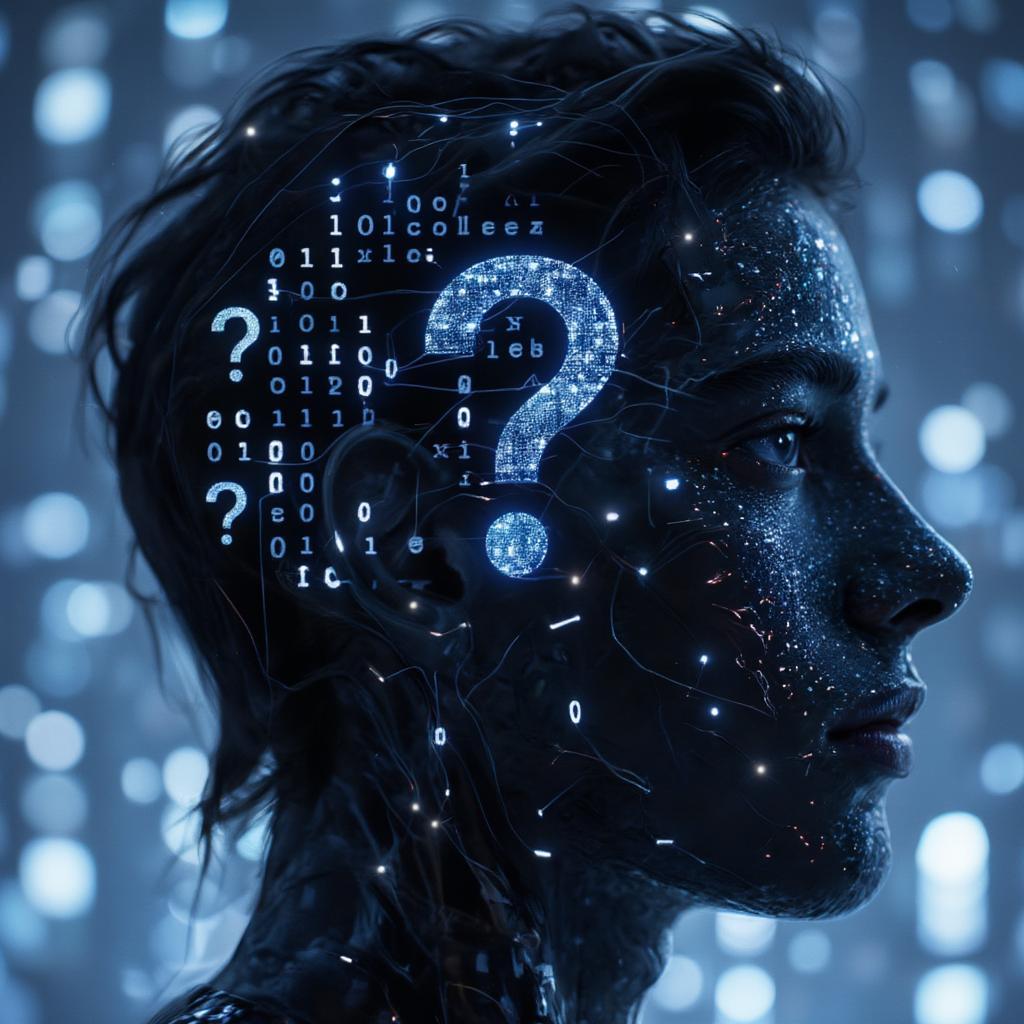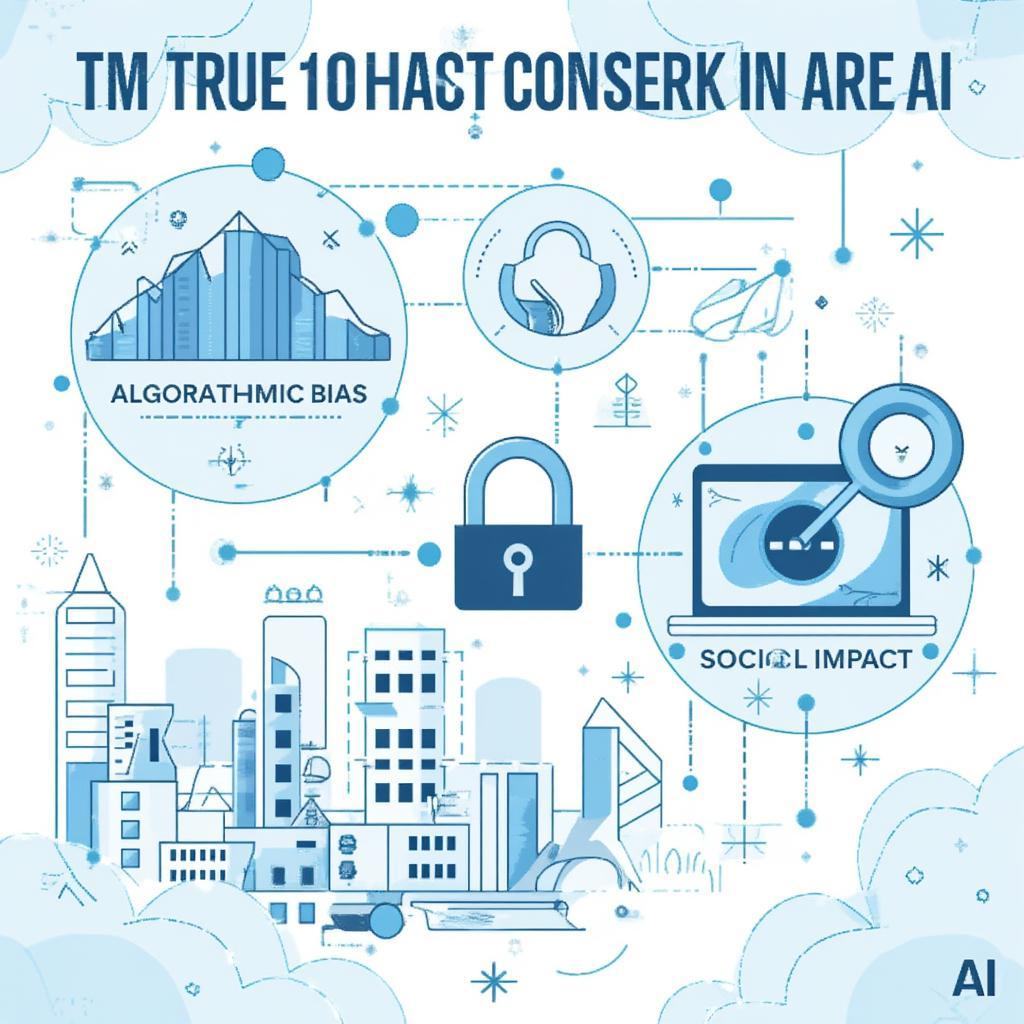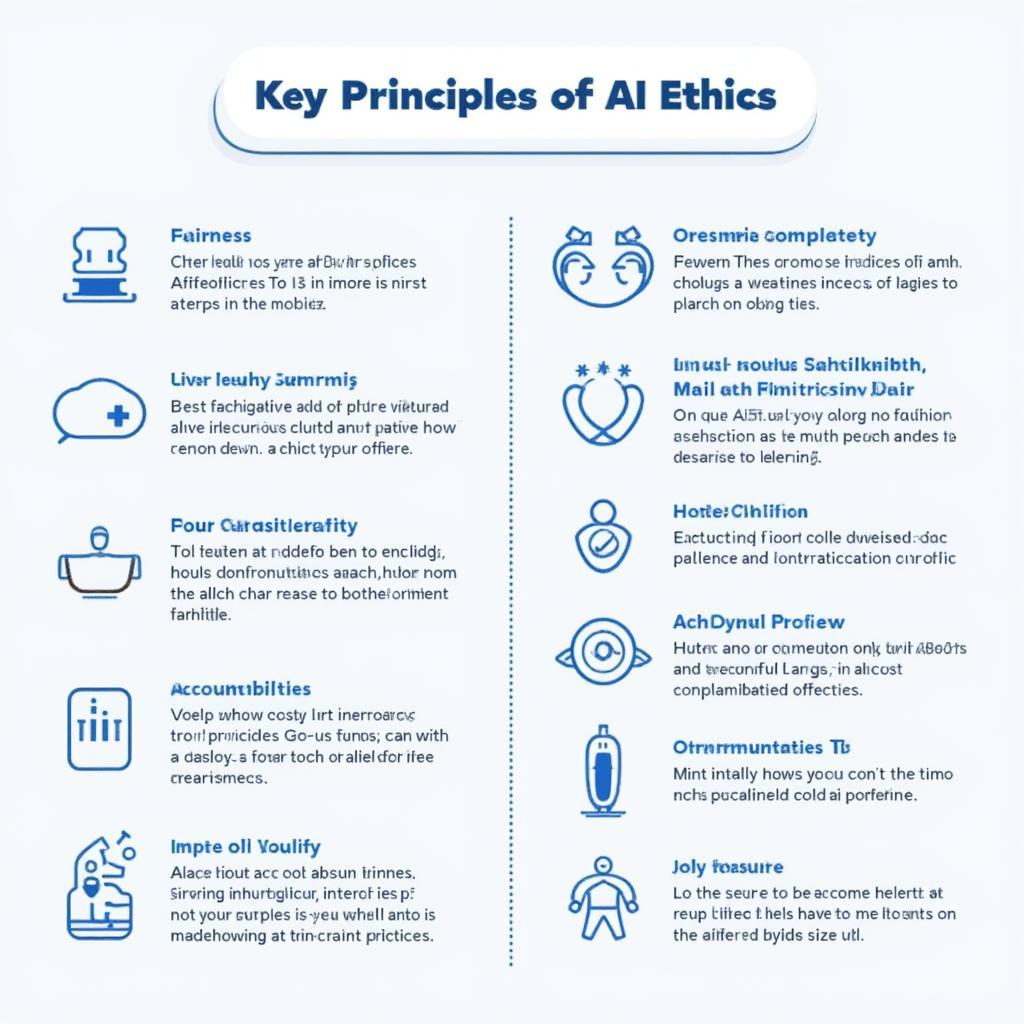Artificial Intelligence Devices Examples: Exploring AI in Our Daily Lives

Artificial intelligence devices are rapidly transforming our world. From smartphones to smart speakers, AI is becoming increasingly integrated into our daily routines. This article explores various examples of artificial intelligence devices, examining their functionalities and the ethical considerations surrounding their widespread adoption.
Understanding Artificial Intelligence Devices
What exactly constitutes an artificial intelligence device? These devices utilize AI algorithms and machine learning to perform tasks that typically require human intelligence. This includes learning, problem-solving, and decision-making. AI devices can analyze vast amounts of data, identify patterns, and adapt to changing circumstances, making them incredibly versatile and powerful. They range from simple tools that automate mundane tasks to complex systems capable of sophisticated analysis and interaction. The development of these devices has been driven by advancements in computing power, data storage, and algorithmic innovation. Similar to the progression discussed in old technology and new technology, AI is revolutionizing how we interact with technology and the world around us.
Common Examples of AI Devices in Everyday Life
AI devices are no longer futuristic concepts confined to science fiction; they are increasingly prevalent in our everyday lives. Let’s explore some prominent examples:
-
Smartphones: Perhaps the most ubiquitous AI device, smartphones leverage AI for various functions, including virtual assistants like Siri and Google Assistant, facial recognition for security, and personalized recommendations for apps and content.
-
Smart Speakers: Devices like Amazon Echo and Google Home utilize natural language processing (NLP) to understand and respond to voice commands, enabling users to control smart home devices, play music, and access information hands-free. These devices are becoming increasingly sophisticated in their ability to understand context and engage in more complex conversations.
-
Wearable Devices: Smartwatches and fitness trackers utilize AI to monitor health metrics, provide personalized fitness recommendations, and even detect potential health issues. These devices collect and analyze data on activity levels, sleep patterns, and heart rate, providing valuable insights into personal well-being.
-
Smart Home Devices: AI powers a growing ecosystem of smart home devices, including thermostats, lighting systems, and security cameras. These devices learn user preferences and automate tasks, enhancing convenience, security, and energy efficiency.

AI Devices in Specialized Fields
Beyond consumer applications, AI devices are revolutionizing various industries:
-
Healthcare: AI-powered diagnostic tools can analyze medical images, identify patterns indicative of diseases, and assist in developing personalized treatment plans.
-
Finance: AI algorithms are used for fraud detection, risk assessment, and algorithmic trading, improving efficiency and security in financial markets.
-
Manufacturing: AI-powered robots and automation systems are streamlining production processes, increasing productivity, and improving quality control. For example, similar to how artificial intelligence in marathi is being utilized, AI is being adopted across various languages and cultures to improve efficiency in different sectors.
The Ethical Implications of AI Devices
The rapid proliferation of AI devices raises important ethical considerations.
-
Privacy: AI devices often collect and analyze vast amounts of personal data, raising concerns about privacy violations and data security.
-
Bias: AI algorithms can perpetuate and amplify existing societal biases, leading to unfair or discriminatory outcomes.
-
Job Displacement: The automation capabilities of AI devices may lead to job displacement in certain sectors, requiring workforce retraining and adaptation.

“The ethical development and deployment of AI devices are crucial to ensuring a future where AI benefits all of humanity,” says Dr. Anya Sharma, a leading AI ethicist at the Institute for Responsible AI Development.
The Future of Artificial Intelligence Devices
The field of AI is constantly evolving, and the future of AI devices holds immense potential. Advancements in areas like natural language processing, computer vision, and robotics will lead to even more sophisticated and capable AI devices. These advancements will likely transform various industries and aspects of our daily lives in ways we can only begin to imagine. Just as we’ve seen with examples of artificial intelligence examples in real life, the potential applications of AI are vast and constantly expanding.
Navigating the AI Landscape Responsibly
As AI devices become increasingly integrated into our lives, it is essential to prioritize responsible development and deployment. This includes:
-
Developing Ethical Guidelines: Establishing clear ethical guidelines for the development and use of AI algorithms.
-
Promoting Transparency: Ensuring transparency in how AI systems make decisions and the data they utilize.
-
Addressing Bias: Developing methods to mitigate bias in AI algorithms and promote fairness.
-
Fostering Education and Awareness: Educating the public about the capabilities and limitations of AI, as well as the ethical considerations surrounding its use. Understanding concepts like artificial intelligence in telugu can help broaden the conversation and foster inclusivity in the development and application of AI.

“We must ensure that AI remains a tool for human betterment, not a force that exacerbates existing inequalities or undermines human values,” adds Dr. Sharma. “Examples of example of computer vision in ai demonstrate the potential for good, but we must be vigilant in addressing the ethical challenges.”
Conclusion
Artificial intelligence devices are transforming the way we live, work, and interact with the world. From the smartphones in our pockets to the complex systems used in healthcare and finance, AI is becoming increasingly pervasive. While the potential benefits of AI are immense, it is crucial to address the ethical challenges associated with its development and deployment to ensure a future where AI serves humanity responsibly and equitably. Understanding the capabilities and limitations of artificial intelligence devices is essential for navigating this rapidly evolving technological landscape. We must continue to explore and discuss the ethical implications of AI to shape a future where AI benefits all of society.




